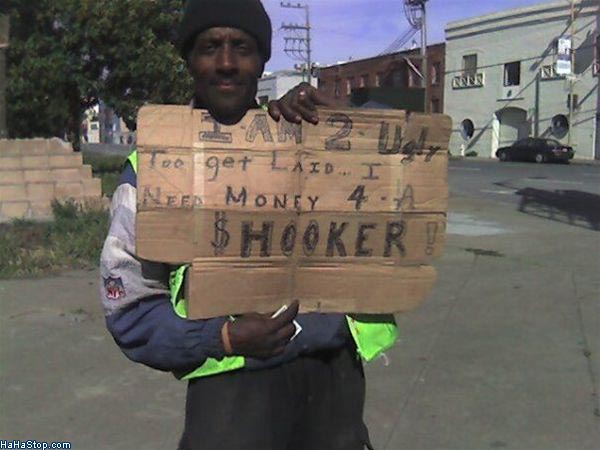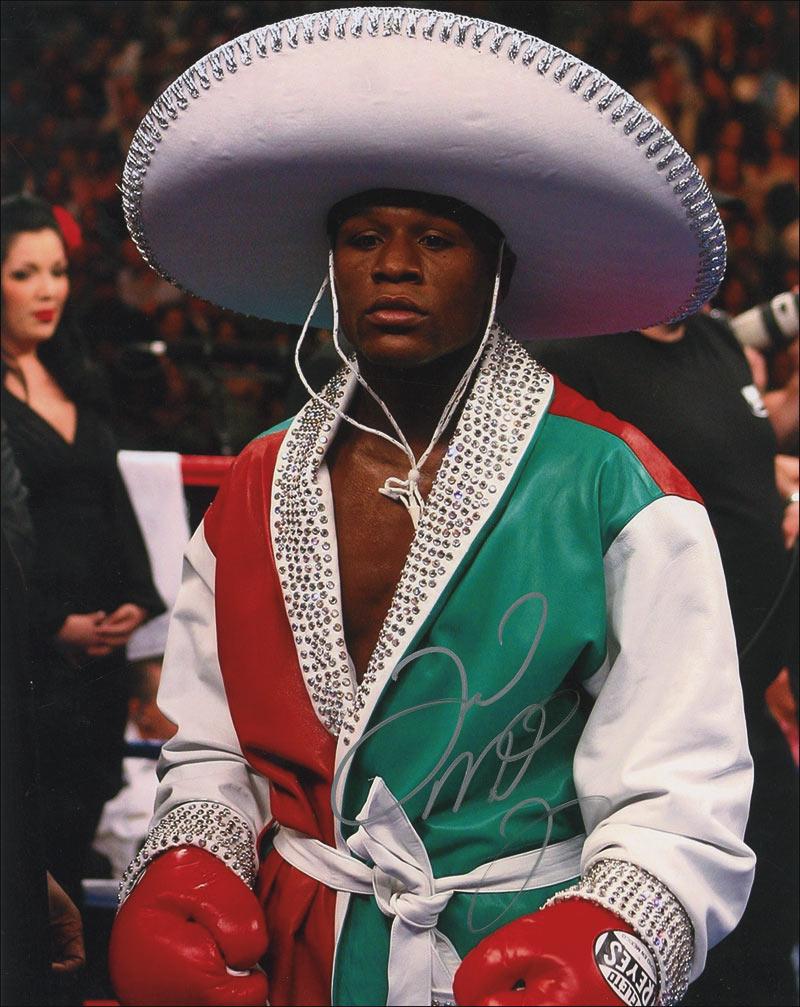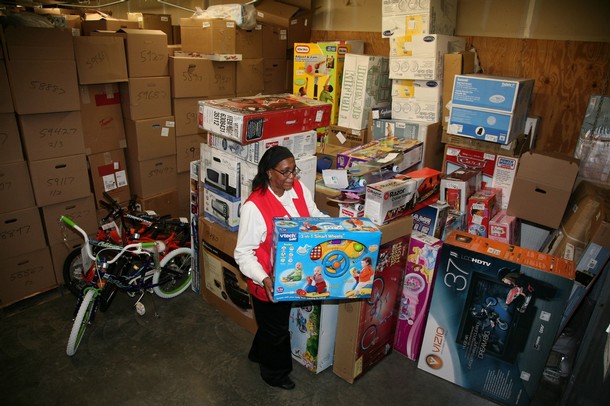Would you be interested in an investment that pays 14.29%? You can get in for as little as a dollar, but the average investor puts in $6775.
You’ve had a fraction of a second to decide, but you can’t possibly still be thinking about it. 14.29%. This investment pays 7.8 times the highest available rate on money market accounts (from Flagstar Direct in Troy, Michigan), 8.4 times the highest rate on 1-year CDs (Ally Bank in Midvale, Utah) and 19 times the highest rate on checking accounts in a city chosen at random (Charles Schwab in Ocean View, Delaware.)
This investment came close to beating the Dow as a whole over the last year (which has gained 14.98%.) Unlike the Dow, this investment isn’t a gamble. It comes with a guaranteed return.
The investment is credit card debt. The numbers in the first paragraph are the average rate and balance among American cardholders.
Very funny, you soulless jerk. You’re poking fun at me while Visa and MasterCard are busy giving it to me repeatedly and hard.
Then here’s the same advice recommended to any woman who whines about being in an abusive relationship: stop being a victim.
If you have a spare dollar, there’s no excuse for having credit card debt. This post is mostly for the benefit of the people who haven’t incurred credit card debt, but if you’ve already let it get away from you, you need to wage the equivalent of total war on your debt.
Wear a sweater instead of turning the heat on. Learn to cook, and never eat out. Sell that car. You own it outright? We don’t believe you, but if you do that’s even better and will take a significant chunk out of any credit card debt you owe. Buy a bike or take the bus. Live the life of a Kosovar refugee until you eliminate that balance. A few months or even years as an ascetic beats the hell out of a lifetime as a credit card company’s sharecropper.
If you haven’t yet incurred credit card debt, the austere lifestyle above is what awaits you if you do. The only question is whether you want to compress it into as little time as possible, or spread the pain out over a lifetime.
The mantra will never get old nor obsolete: Buy assets, sell liabilities. The two aren’t purely symmetrical, however. Assets, those wonderful constructs that enrich you, are somewhat optional. Liabilities, in all their impoverishing glory, are not. You have to pay them, one way or another.
The fewer liabilities you have – e.g. a credit card balance that’s enriching the issuer while rendering you worse than broke – the less capacity you have for buying assets that will ultimately keep you out of poverty.
There appears to be no consensus on which culture the following proverb supposedly originates from – Chinese, Songhai, perhaps Aztec – but it applies here in spades:
“The best time to plant a tree is 20 years ago. The second-best time is now.”
————————–
Lung cancer is an effective means for killing 1.3 million people every year. Fun symptoms include shortness of breath, abdominal pain, and fatigue. Many lucky patients also enjoy profound weight loss, and even deformed fingernails. Pain in the bones, metastasis to the kidneys and lymph nodes, skin that turns grey…lung cancer is something you’re probably going to want to shun, unless you’re a masochist of historic order.
Control Your Cash isn’t above dispensing occasional unsolicited amateur medical advice. You want to know the best way to avoid lung cancer? A way that’ll reduce your chances by at least 90%, assuming you want to avoid spending your declining years bedridden and praying for the sweet release of death?
Never start smoking.
Hopefully you’re not looking for a more intricate answer, because that’s as complex as this one gets.
You can figure out where we’re going with this. If you want to avoid being indebted to credit card companies for the rest of your life, don’t take that first drag. Don’t buy that first pack. (Or if you do, at least pay for it with cash.)
Here’s a radical concept: buy what you can afford. Credit card companies aren’t responsible for your dismal financial situation, any more than the guy behind the 7-Eleven counter will be responsible for you coughing up blood 20 years from now.
How many possible excuses can there be for incurring credit card debt? “I didn’t know how much the stuff cost”? “It just kind of crept up on me”? “It’s the retailers’ fault for making me want it so much”? Read the freaking price tag. You can’t be so easily swayed as to look at the minimum payment listed on your monthly statement and find it palatable, if you’re carrying a $6775 balance. Or even if you’re carrying a $200 balance.
We’d reprint the relevant passages of a typical credit card agreement here, but if you didn’t read your agreement when you received your card and started incurring debt, you’re not going to read it now. Just understand that the moment you fail to pay your balance in full, you’re on the road to cheating yourself, your posterity, and your planet. Incurring debt that you can’t pay is the act of a child, not an adult; a parasite, not a worker.
Credit is a privilege, a word that’s been largely equated with “right” in recent years. Not only does nobody owe you anything, nobody even owes you the means for owing other people. (Which is a good thing. One of the best ways to avoid credit troubles is to be ineligible for them in the first place.)
When credit cards were invented in the 1960s, they were status symbols. We’re not referring to the American Express black card. We mean the now-lowly green one. And for years, the issuers enjoyed a modest business charging interest to the kind of profligate people who found it gauche to pay for restaurant meals with cash. The credit card companies didn’t bother selling to middle- and low-class people, the argument being that those people didn’t have enough money to be customers.
It took a while, but the credit card companies eventually figured out that you don’t need to be rich for them to profit off you. All you needed was the capacity for earning something, somewhere down the road, and the law of large numbers would take care of the rest. Which it has, and beautifully.
In recent months, Americans who bought too much on credit engaged en masse in our national pastime – whining about their situation. Which resulted in a compliant political establishment requiring credit card companies to lower their rates. This was a classic example of Washington bipartisanship, a noun which when applied to domestic policy means “responsible people are about to get punished.”
Like almost all laws, the one capping credit card interest rates led to unintended consequences worse than the trouble that prompted the law. With their potential profit reduced, credit card companies simply stopped offering cards to high-risk customers. Many of those high-risk customers will still find their credit, even if it’s being offered by people who understand physical violence better than they do legal procedure.
But regardless, the credit card companies still have to make up the shortfall somehow. Which can mean universal user fees, penalties for prompt payment, even cancellation for people who committed the sin of paying their accounts in full every month. To the responsible credit card carrier, this means a reduced opportunity to ride free on the backs of people who refuse to Control Their Cash. But it’s also a chance to strip away preconceptions. Imagine if credit cards didn’t exist. You’d save up to pay for stuff with cash, or at least with collateral.
And how is that worse than paying a creditor every month?





